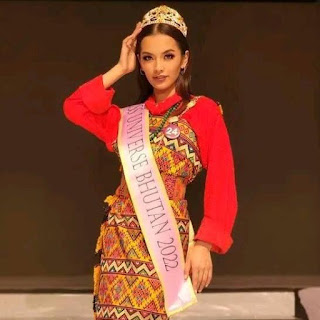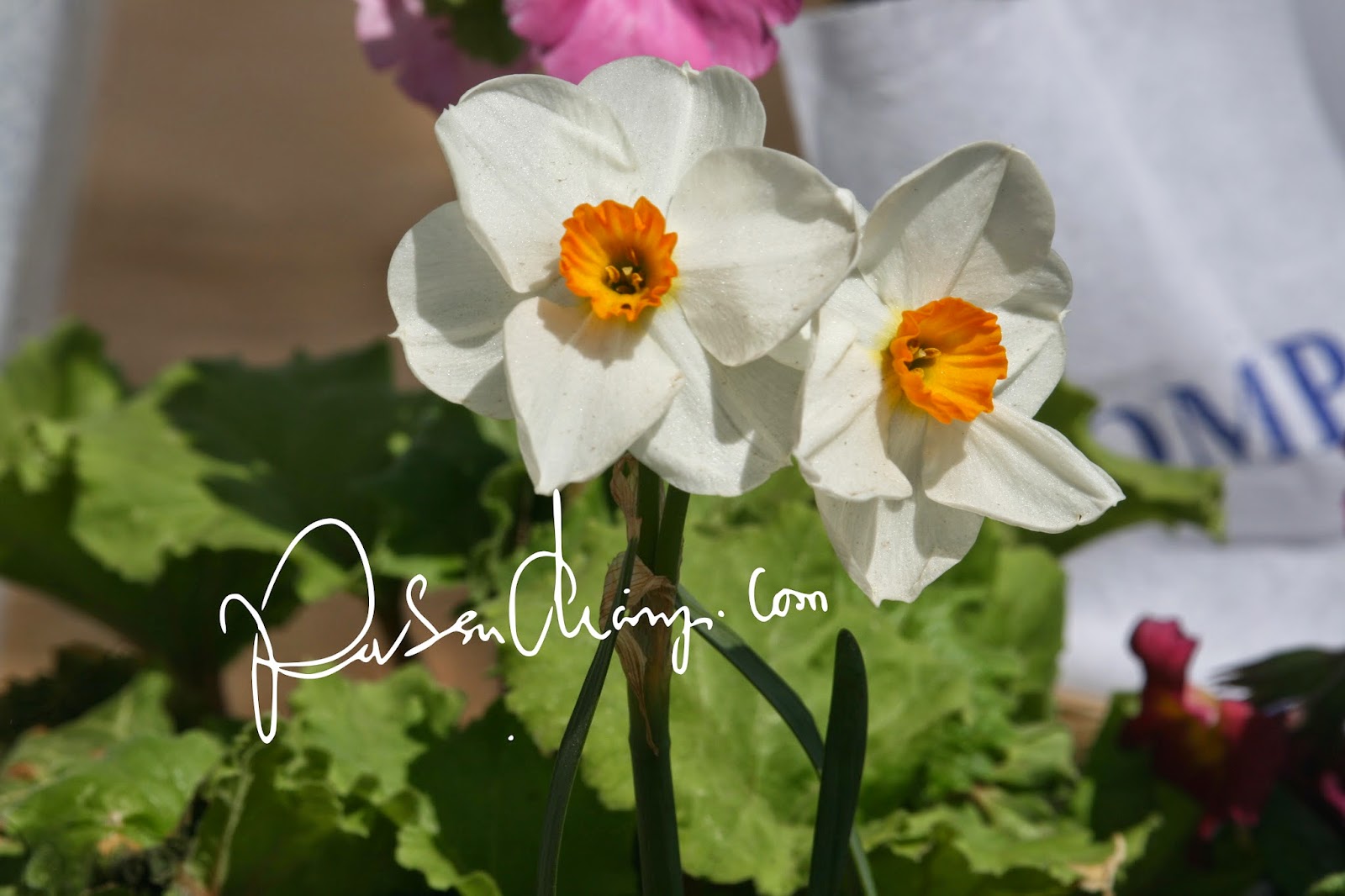In a world where entertainment has been swallowed by quick-fix reels and TikTok trends, The Window dares to open a door to something deeper—a piece of theatre that breathes the air of our fading past and touches the threads of what it means to be Bhutanese. This one-and-a-half-hour musical comedy, directed by Charmi Cheda, doesn't just entertain; it pulls its audience back to a time when art was real, unedited, and alive.
For many, theatre is a distant memory, but Charmi captures
perfectly why it’s still essential: "Theatre is a live experience, it
works on energy. The power of collective silence." This is something a
screen can never replicate. When the lights dimmed and the first scene
unfolded, I was captivated, sharing this silence with a room full of friends
and strangers, all drawn into the same flow of laughter, melancholy, and
nostalgia. There’s magic in this unity, in the collective gasp and the held breath
that only theatre can invoke.
The play stirs up conversations on the forgotten, often
controversial practice of "Night Hunting," a theme that takes courage
to handle. But The Window balances the cultural critique with humor and
warmth, bringing Ap Jatshola, played by actor and musician Kunga Tenzin Dorji
(Supe), and Aum Wangmo, played by the famed Tandin Bidha, to life as a couple
whose quirks and tussles hit close to home for many of us. Jatshola’s cheeky “I
am hungry, Wangmo,” delivered with a naughty glint, had me smothering laughter,
and the next moment I was hiding my tears as little Lemo showed her father her
mother’s diary—a heartbreaking reveal of dreams left behind. I was suddenly
laughing and tearing up, thankful for the darkness around me that let me be
honest with my emotions.
The play, staged as an initiative by the Department of
Media, Creative Industry, and Intellectual Property (DoMCIIP), is as much a
tribute to the art form as it is a statement of hope. Mr. Sonam Penjor, the
director of DoMCIIP, spoke passionately about how theatre could be a source of
employment, a new platform for expression, and even a unique experience for
tourists. It’s a bold aspiration, one that reminds us of the creative
industry’s potential in Bhutan—a way to preserve our heritage while creating
new spaces for livelihood and community.
For me, beyond the storyline, what stole the show was the
production's attention to detail. The stage set was a visual homage to
Bhutanese architecture, a well-loved Bhutanese home where every corner seemed
familiar. The actors didn’t just play their roles; they embodied their
characters in a way that was raw and genuine. Kunga Tenzin’s effortless rural
accent and Tandin Bidha’s subtle, layered portrayal of Aum Wangmo revealed
sides of these actors we rarely see in films. The younger cast members, too, brought
a freshness that reminded me of the youthful innocence and aspirations,
distinctly portraying the confusion of the different worlds they come from,
their unique dreams, and how these converge.
The Window may be a small window, but it’s a bright
one, casting light on the potential of live performance to make us pause,
reflect, and—if only for a short while—connect in the most human way. Here’s
hoping this is just the beginning of a renaissance for Bhutanese theatre.
























































